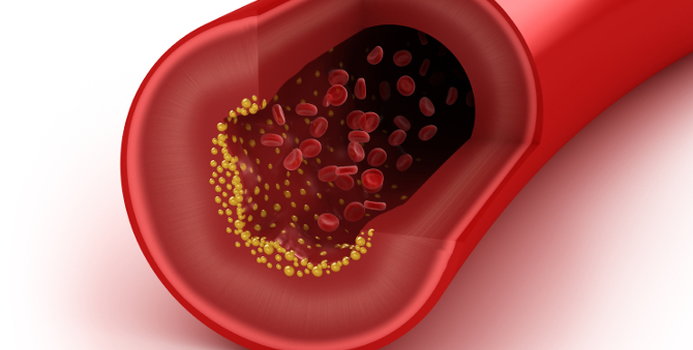If you are currently on a diet or are simply trying to be more health conscious then you should know a few things about lipid in your body. The first thing you should know is what defines a lipid. You are probably more familiar with the more common terminology of lipid, which is cholesterol and triglycerides--basically fats in your bloodstream.
Although 'fats in the bloodstream' doesn't exactly sound healthy, there are some fat types that are essential to your health. You just have to understand the difference between the good kind and the bad kind.
Blood Test
The first thing you will want to do is to get your lipid levels checked by your doctor (request a lipid profile). This will give you an idea as to what your level of bad cholesterol, or LDL (low-density lipoprotein) is, and what your level of good cholesterol, or HDL (high-density lipoprotein) is. The blood test will also give a reading of your triglycerides (TG) and your total cholesterol level (a combination of HDL and LDL).
Healthy Lipid Levels
According to the National Cholesterol Education Program there are levels of HDL and LDL that you should be aware of.
For LDL cholesterol:
- Less Than 100 mg/dL is Optimal
- 100 to 129 mg/dL is close to Optimal
- 130 to 159 mg/dL is Borderline High
- 160 to 189 mg/dL is High
- 190 mg/dL and above is Very High
For HDL cholesterol:
- Less Than 40 mg/dL is Low
- 60 mg/dL and above is High
Effects
What these numbers mean is that if you are not working to keep your LDL levels low and HDL levels high, then you are putting your heart at serious risk. A high level of triglycerides and cholesterol in your bloodstream can clog your arteries and cause heart disease and heart attack.
Make Changes
It is possible to reverse the effects of bad cholesterol by simply increasing the good cholesterol. This can be done in several ways. The easiest thing to do is to change your diet. This should include greatly reducing or eliminating those things from your diet that are high in sugar and calories. You can replace these items with more natural foods like fresh vegetables and fruits and lean proteins.
You should also monitor your intake of alcohol and stop smoking if those are lifestyle issues for you. You should be participating in regular exercise; even low impact walking will have an amazing effect. You can always start with something as simple as a ten minute walk around the block and work up from there.



